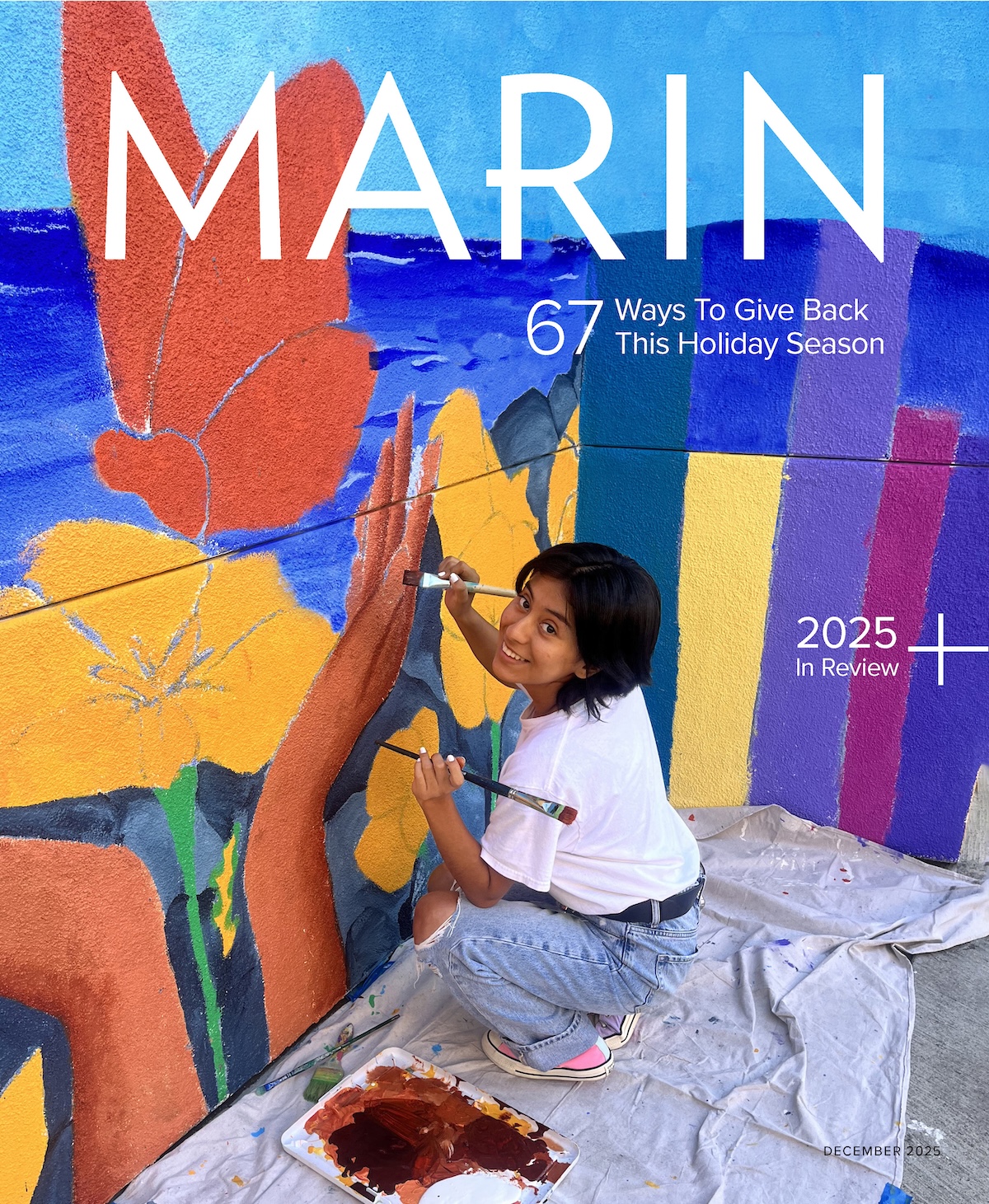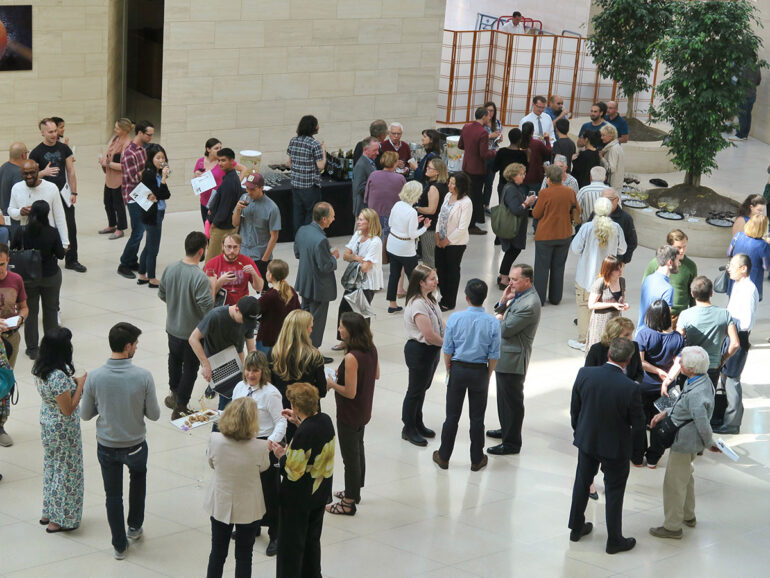In the pace and pressure of our modern lives, it’s often the smallest, most human moments — like grabbing a coffee with a friend or catching up with a colleague in person — that quietly fall off our calendars. We prioritize work, errands, efficiency. But what if skipping those connections isn’t just a social loss, but a biological one?
We’ve long known that humans are inherently social beings — Aristotle said as much. But recent science has made this philosophical idea startlingly concrete: Our relationships don’t just shape our happiness; they shape our healthspan, our healthy years of life.
The landmark Harvard Study of Adult Development, which has followed individuals for over 80 years, shows one factor outshines all others in predicting health and well-being: meaningful human connection. Not wealth. Not IQ. Not fame. Connections. People with strong social ties live longer, are healthier and feel more fulfilled. And this isn’t an isolated finding. A meta-analysis of 148 studies concluded that strong social relationships improve survival by over 50% — a benefit that rivals quitting smoking and exceeds those of exercise or weight loss.
Yet today, it’s easier than ever to bypass real interaction. We can have dinner delivered, meetings run virtually, tasks completed without ever speaking to another person. And while these tools bring convenience, they also invite a subtle erosion of the very connections that sustain us.

Loneliness isn’t just unpleasant — it’s physiologically damaging. We now know it heightens inflammation, weakens immunity and accelerates the biological processes of aging. It’s a risk factor for chronic disease on par with some of the lifestyle factors we work so hard to control.
The antidote isn’t complex. It’s connections. And it doesn’t require grand gestures. A walk with a neighbor. A shared meal. A few minutes of conversation on a park bench.
Of course, it’s not as easy making friends as an adult as it was when we were on the playground in elementary school. Fortunately, living in a beautiful place like Marin County — with access to nature, trails, parks and outdoor spaces — isn’t just good for your body, but it can be great for your social life too. Outdoor fitness classes, walking groups and shared recreational spaces all create low-pressure ways to meet new people and maintain friendships, all without needing to schedule a formal visit or drive long distances. When it’s easy and enjoyable to get outside, it’s easier to fit into our schedule, and to run into neighbors, strike up conversations or meet up with friends for a hike, a walk or just a nice long sit on a bench.
So revisit that coffee date. Join the walking group. Say yes to the community gathering. These small choices nourish more than your mood — they support your biology. And over time, they become the invisible scaffolding of a longer, better life.
At the Buck Institute, we talk often about living better, longer. Social connection is not a luxury in that equation. It’s essential.


